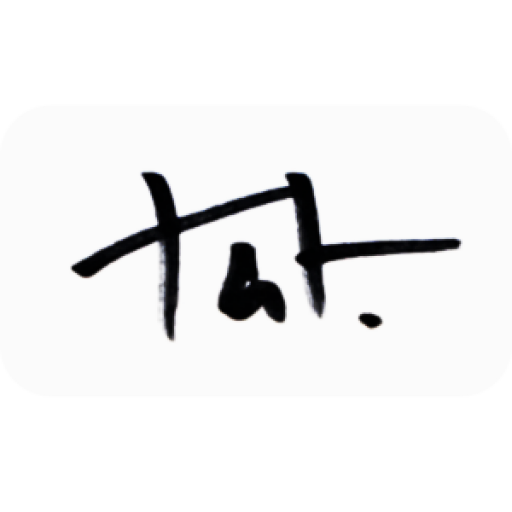Resistance is experienced as fear; the degree of fear equates to the strength of Resistance. Therefore the more fear we feel about a specific enterprise, the more certain we can be that that enterprise is important to us and to the growth of our soul. That’s why we feel so much Resistance. If it meant nothing to us, there’d be no Resistance.
– Steven Pressfield, The War of Art
Pressfield describes Resistance as “an objective, universal, impersonal force of nature.” A voice that is neither you nor them. A voice that prevents us from pursuing the things we desperately wish to pursue. A voice we manifest in our own minds that speaks such things as: you’re worthless, you’ll never do anything of value, your ideas are crazy, people are going to laugh at you, it’s better to fly under the radar, it’s better to stay silent, it’s better to keep fitting in.
I’m reading Robert Sapolsky’s book Why Zebras Don’t Get Ulcers (2004) at the moment, which examines the origins of stress and how humans are the first species capable of manifesting psychological conditions that can lead to physiological degenerative diseases. In Sapolsky’s book, he breaks down the body’s reaction, the stress response, to particular stressors—being late for a meeting, negative feedback from your boss, an upcoming due date for an assignment, a presentation you have to give, etc.
In creative work, I think Resistance acts a lot like a natural and objective stress response. It’s our mind’s reaction to a stressor that freezes us up, convinces us that our work is no good, signals to us that we should quit trying. The mistake many of us make is believing that we’re alone in this response, that we should do away with it, find a way to silence it, evade this response at all costs. But like the body’s response to being chased by a lion, our response to Resistance is universal, natural and necessary. It should be seen as a helpful guide that our current creative idea, process, or direction is something worth pursuing. That if we deviate from it, we may experience a slow painful death. Probably not from becoming lion food, but perhaps from a life of mediocrity and regret.
As Pressfield writes in The War of Art, “the more Resistance we feel to a project or idea, the more certain we can be that that idea is critical to the evolution of our soul. And the more certain we can be that that idea is good.”

Of course, there’s nothing wrong with an ordinary life. Many people are content with fitting in. And if we want success without fulfillment, we can try for luck. But if we want to live an extraordinary life, one of originality and fulfillment, we need to do extraordinary things. Steve Martin, in his book Born Standing Up: A Comic’s Life (2008), delves into the long and often excruciating process of building and perfecting an artistic craft. How crucial some degree of naïveté can be when taking on an ambitious endeavor. And that persistence is so often a great substitute for talent. The following quote from his book is particularly thought provoking, in Steve’s perspective of the outcome being a byproduct of the process:
I did stand-up comedy for 18 years. Ten of those years were spent learning, four years were spent refining, and four years were spent in wild success. I was seeking comic originality, and fame fell on me as a byproduct. The course was more plodding than heroic.
– Steve Martin, Born Standing Up: A Comic’s Life
To live an extraordinary life, it might be wise to follow in Frank Sinatra’s footsteps—to do things My Way. And to do them with persistence, knowing that the Resistance we will inevitably experience throughout the process is a sign that we are onto something good. There’s no better time to start than right now.

